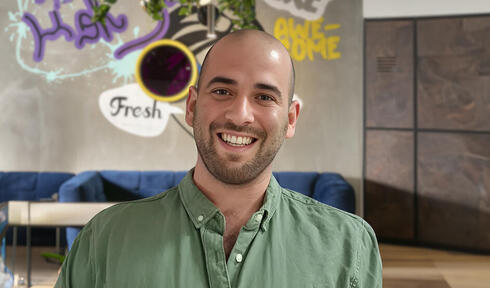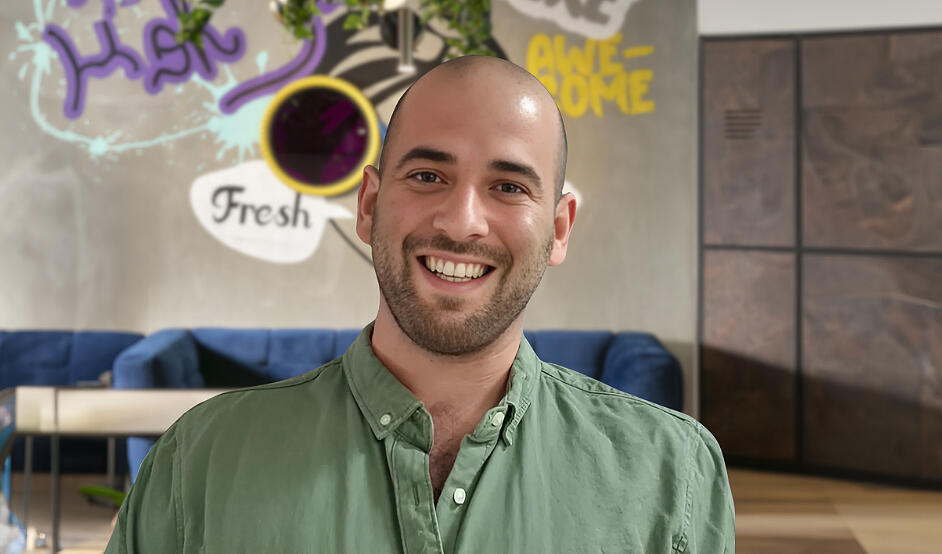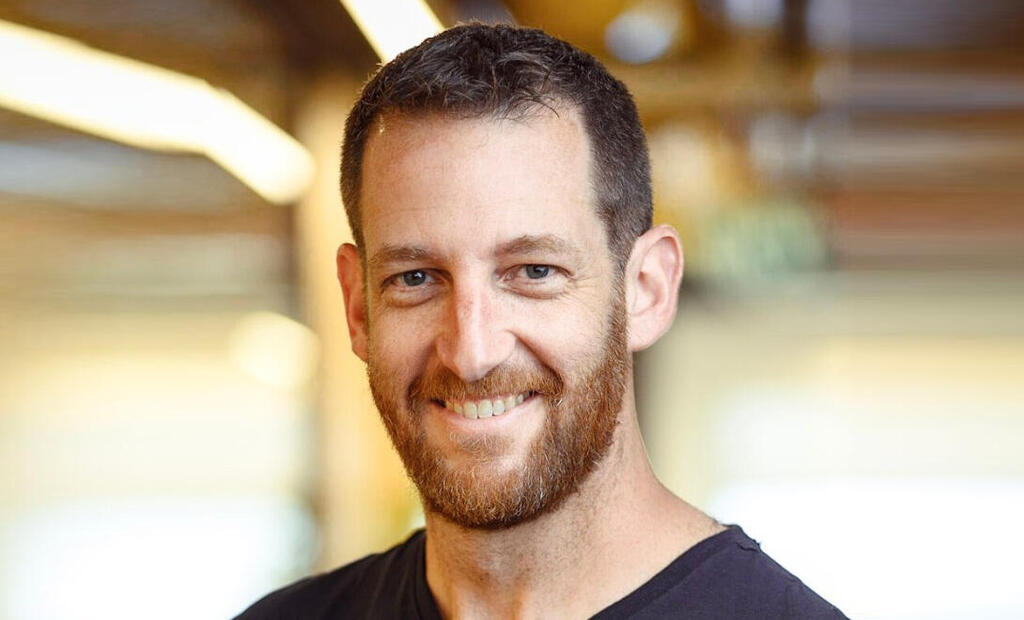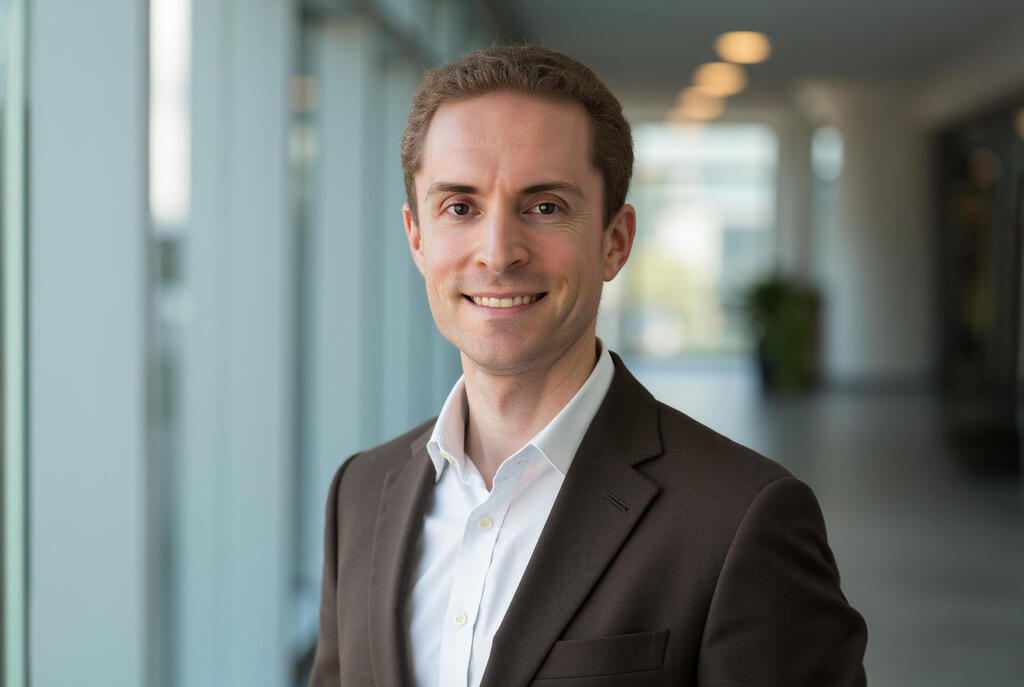
From startup CEOs to corporate employees: The reality of post-exit life
After selling their companies, founders often face a surprising challenge: adjusting to life inside a large corporation.
We associate the word "exit"—the dream of Israeli high-tech—with success, wealth, and the freedom to choose the next step. But in reality, an exit often comes with a strict condition: a period during which the founders must remain as employees of the acquiring corporation. As a result, entrepreneurs who built a company from the ground up, sometimes even serving as its CEO, suddenly find themselves working as full-time employees in a large corporation—often without holding the most senior positions.
Starting a startup is a demanding and challenging journey. Founders spend years developing an idea, building a team, recruiting investors, and leading the company against all odds to success, which sometimes culminates in the sale of the company. But what happens the day after the exit? How do the lives of those founders and CEOs change when their company is acquired, and they transition into employees within a large organization?
Three founders—Or Biderman (Novacy, acquired by Lusha), Amit Batzir (Spott, acquired by Payoneer), and Giora Engel (Neosec, acquired by Akamai)—share their experiences of moving from leading a startup to working within a large company.
"We're not expected to be regular employees"
When business data company Lusha acquired the startup Novacy a month ago, Or Biderman, Novacy's co-founder and CEO, joined Lusha as Sales and Marketing Ecosystem Manager. He found himself in a completely different environment than he had anticipated.
"The familiarity with the acquiring company before the acquisition is relatively superficial," says Biderman. "Until that point, I had always been an employee and was concerned about navigating organizational politics, watching what I say, and avoiding stepping on toes—things that aren’t really concerns in a startup. Would I have to tread carefully? Would they place me in a role that truly leverages my abilities? Would I end up feeling stifled? The contract is rigid and requires me to stay at the acquiring company for a set period. This 'golden cage' can feel limiting after three years of entrepreneurial freedom. It’s a bit like the army—you can’t take initiatives outside the company or start new ventures.
"Fortunately, all these concerns disappeared within the first two weeks. We quickly realized that we were expected to keep our entrepreneurial spirit alive, take initiatives, and drive processes forward. We’re not expected to be just regular employees—quite the opposite. The company actually wants us to bring innovation, think outside the box, and move things quickly," he says.
The transition from CEO to employee brings its own challenges. No longer having the final say, needing to consult with others, and sometimes having to accept decisions made by others can be difficult adjustments. Even sitting in an open space with other employees can feel unfamiliar.
"Technically, it's true that I no longer have the last word," says Biderman. "But in practice, the question is whether that’s a bad thing. The organization was built over seven years before I arrived. They know the field and industry more intimately than I do. And in a way, it’s refreshing. As CEO, I was juggling a thousand different things, many outside my area of expertise. Now, working alongside a team of experts in various domains makes for more structured processes and meaningful discussions."
His main concern now, as he begins his journey in the acquiring company, is the day he starts feeling stagnant. "Right now, we’re in the honeymoon phase. We’re the 'new toy' in the organization—there's excitement, respect, and significance. But what happens when that fades? Will we still feel valued? Will we, God forbid, reach the kind of stagnation that standard employees sometimes experience? That has happened to me in past jobs, and as an entrepreneur who thrives on innovation, I will do everything I can to avoid it."
"You need curiosity, openness, and humility"
Amit Batzir, co-founder and CEO of Spott, which was acquired in 2023 by fintech giant Payoneer, had a similar experience. "My biggest fear was losing independence and the ability to move quickly. In a startup, you make decisions and execute them rapidly. In a corporation, things work differently—there are more processes, more stakeholders, and seemingly less freedom to act. But if you integrate into the organization the right way, you can carve out independence and influence processes," he says.
After the acquisition, Spott initially operated as an independent unit within Payoneer. Over time, its employees were absorbed into different departments, and Batzir transitioned into the company’s product division, where he now serves as VP of Product.
How do you integrate into a corporation the right way?
"There are major challenges when moving from one type of organization to another. You have to approach it with curiosity, openness, and humility—learn the organization first and only then think about how to contribute. It’s easy to fall into the trap of believing that 'they’re doing things wrong because they’re a big corporation, while we, as a startup, did them quickly and efficiently.' But there is no absolute right or wrong. The faster you bridge those gaps—both in how you perceive the corporation and how the corporation perceives you—the more synergy you create, leading to real innovation and value," he explains.
Merging a startup into a corporation presents both technological and cultural challenges. "You want to integrate your technology quickly, but it’s a complex process that requires effort and internal champions within the company to push it forward. That challenge exists in every acquisition, not just at Payoneer. At the same time, you have to assimilate into an organization with its own culture and values while finding a balance between maintaining your entrepreneurial DNA and adapting to the corporate environment. The goal is to preserve the strengths of the startup while adopting the benefits of the corporation," he says.
"Building companies is what I do"
While Biderman and Batzir experienced the transition from entrepreneur to employee for the first time, Giora Engel, former CEO of Neosec (acquired by Akamai), has been through it before—having previously sold a startup to Palo Alto Networks.
"This is the second time I’ve gone from being a startup founder to working for a large organization," he says. "It’s not always easy, but there’s a lot to gain from the experience."
According to Engel, the public perception of high-tech entrepreneurship often doesn’t reflect reality. "People read success stories in the press and social media, but the truth is more complicated. Most startups don’t succeed, and building a company is an incredibly difficult journey. Even when an exit happens, many founders don’t necessarily stay with the acquiring company. Sometimes it’s beyond their control—maybe they aren’t a good fit for the corporation, or the role they’re given isn’t relevant to their skills. Other times, they become key figures in the acquiring company’s future success. It depends on the situation."
In his case, Engel’s goal in selling Neosec was not to leave the startup behind but to continue building something bigger. "The purpose of the acquisition was to implement our technology within a much larger company, knowing that we wouldn’t operate as a startup anymore. I saw it as an opportunity to learn and grow—joining a company of a completely different scale, with more resources and personnel."
After selling two companies, do you see yourself starting a third?
"Most likely, yes. Right now, I’m fully committed to my role at Akamai, and I don’t have an internal voice telling me to leave. But everyone has a profession, something they know how to do. For me, that’s building companies. It’s second nature to wake up one morning and decide to start something new. That’s what I do. For now, I’m continuing to build within Akamai, but I assume that at some point in the future, I’ll do it again."
















